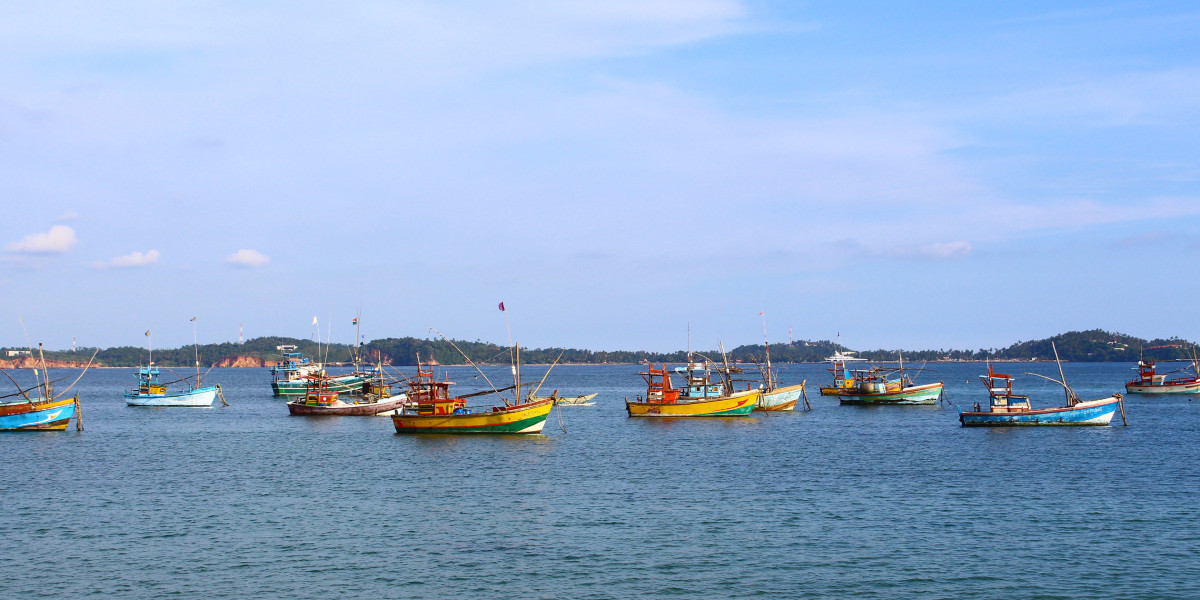Introduction
When people talk about traveling to Africa, destinations like Kenya or South Africa usually pop up first. But Ivory Coast (Côte d’Ivoire) is a country that quietly surprises anyone who makes the journey. It’s a place of contrasts, modern skyscrapers and traditional villages, golden beaches and dense rainforests, fine dining and sizzling street food. If you’re new to traveling in West Africa, this guide will break down everything you need to know: from the Ivory tourist eVisa process to the best places to visit, where to stay, and what not to miss.
Why Visit Ivory Coast?
Imagine walking through a lively market in Abidjan in the morning, and by evening, relaxing on a calm beach in Assinie. That’s Ivory Coast, different worlds in one country. And it’s not just sights: the food, the people, the music it all sticks with you long after your trip.
Why You Need an Ivory Tourist eVisa
Before packing your bags, you’ll want to sort out your visa. The Ivory tourist eVisa. It’s an online visa that allows you to enter the country for leisure, sightseeing, or visiting friends and family. Applying online is much easier than waiting in embassy lines. You just need your passport, a recent photo, proof of accommodation, and your return ticket. Within a few days, you’re set.
Imagine this: instead of stressing about paperwork, you’re sipping fresh coconut water on Grand-Bassam beach. That’s the beauty of planning ahead.
Must-Visit Attractions in Ivory Coast
1. Abidjan- The City That Never Sleeps
If Paris and Lagos had a love child, it’d probably look like Abidjan. Modern skyscrapers stand tall beside bustling markets, while chic restaurants and nightclubs hum with energy.
Stay: Plenty of hotels in Plateau or Cocody, ranging from budget stays to luxury spots.
Food: Try attiekea cassava dish that tastes a bit like couscous with grilled fish. Street vendors make it the best.
What to do: Explore Banco National Park, a tropical forest right inside the city.
A traveler I met once described Abidjan nightlife as the city that never even tries to sleep. And it’s true you’ll find yourself moving with the rhythm of coupé-décalé music.
2. . Yamoussoukro- The Land of Contrasts
This city is famous for one jaw-dropping attraction: the Basilica of Our Lady of Peace, the world’s largest church. Built in the middle of a rather quiet city, it’s both surreal and impressive.
Stay: Comfortable hotels near the basilica.
Food: Local maquis (open-air restaurants) serve Ivorian classics like kedjenou chicken slow-cooked stew.
I once met a local guide who told me, “People come for the basilica but stay for the warmth of the people.” That stuck with meit’s true, the basilica might be the highlight, but the conversations you’ll have in Yamoussoukro are priceless.
3. Man- The City of Mountains and Waterfalls
Nestled in the west, Man is a haven for nature lovers. It’s surrounded by lush mountains, cocoa plantations, and cascading waterfalls.
Stay: Eco-lodges and modest hotels welcome adventure seekers.
Food: Try roasted plantains with spicy pepper sauce—it’s simple but addictive.
What to Do: Hike Mount Tonkoui, visit the sacred forest with its dancing masks, and swim in La Cascade waterfall.
4. Assinie- Beach Bliss
If you’re looking for sun, sand, and peace, Assinie is your go-to. Just a few hours from Abidjan, this coastal spot is a favorite getaway for locals.
Stay: Beach resorts with palm trees swaying outside your window.
Food: Fresh coconuts and grilled fish are everywhere.
Don’t: Don’t just stay at the resort. Join a local fishing trip and it'll give you stories to tell forever.
5. Grand-Bassam – A Step Back in Time
A UNESCO World Heritage Site, Grand-Bassam feels like a time capsule. Once the French colonial capital, today it’s known for its faded yet beautiful colonial buildings, craft markets, and tranquil beaches.
Stay: Small guesthouses and beachfront resorts are popular here.
Food: Seafood is the star shrimp, lobster, and crab straight from the ocean.
Do/Don’t: Do take time to walk through the old colonial quarter; don’t just stick to the beach. You’ll miss the charm.
Tai National Park – Into the Wild
For nature lovers, Tai National Park is heaven. It’s a UNESCO World Heritage site brimming with rainforests, rare plants, monkeys, and even pygmy hippos. Accommodations here are usually eco-lodges or guesthouses. A traveler once described it to me as “walking straight into a National Geographic documentary.” If you want raw, untouched Africa, this is where you’ll find it.
How to Get Your Ivory Coast Tourist eVisa
Check if your country is eligible.
Gather passport, photo, itinerary, and proof of funds.
Use the online eVisa site.
Fill the application carefully. Typos delay things.
Pay online and keep the receipt.
Wait 2–3 business days.
Print a copy just in case.
A friend applied from London, got her eVisa in 48 hours, and landed stress-free in Abidjan.
First-Time Traveler Vibes- happy travelers
A friend of mine, Daniel, had never set foot in Africa before. He applied for the Ivory tourist eVisa online, half-expecting something to go wrong. But within three days, he had his approval email.
He landed in Abidjan, nervous but excited. On his first night, he tried aloco fried plantains from a street vendor. At first, he wasn’t sure if it was “safe.” But by the end of his trip, he was eating it every day. His biggest takeaway? Ivory Coast isn’t nearly as intimidating as he thought—it’s just waiting for curious souls to explore.
Travel Practicalities
Transport: Taxis are everywhere; agree on a price first. Buses are cheap but crowded.
Language: French is common to learn a few phrases.
Money: CFA francs. Cash is king outside big cities.
Health: Vaccinations are recommended; yellow fever is required.
Safety: Ivory Coast is generally welcoming, but like any country, keep an eye on your belongings in crowded areas.
Food Tip: Don’t shy away from street food. It’s tasty, affordable, and part of the experience. Just make sure it’s cooked hot and fresh.
Conclusion
Ivory Coast may not always be on the top of everyone’s travel bucket list, but maybe it should be. With the Ivory tourist eVisa process making entry simpler, there’s little standing in your way. From the buzzing city life of Abidjan to the laid-back vibe of Grand-Bassam and the wild jungles of Tai, there’s something for everyone. Chances are, your first trip won’t be your last. You'll keep finding reasons to return.toes to African adventures without overwhelming chaos—Ivory Coast is your secret paradise waiting to be explored.
FAQs
Q1. How long does it take to get the Ivory tourist eVisa?
Usually 2–5 business days if your documents are in order.
Q2. Is Ivory Coast safe for beginners?
Yes, if you stick to well-traveled areas, use common sense, and follow local advice.
Q3. Can I extend my tourist stay?
Extensions are possible, but you need to apply at local immigration offices.
Q4. Do I need travel insurance?
Highly recommended. Medical facilities vary, and insurance gives peace of mind.
Q5. When’s the best time to visit?
November to March—the dry season. The weather’s more pleasant and the roads are easier to navigate.






